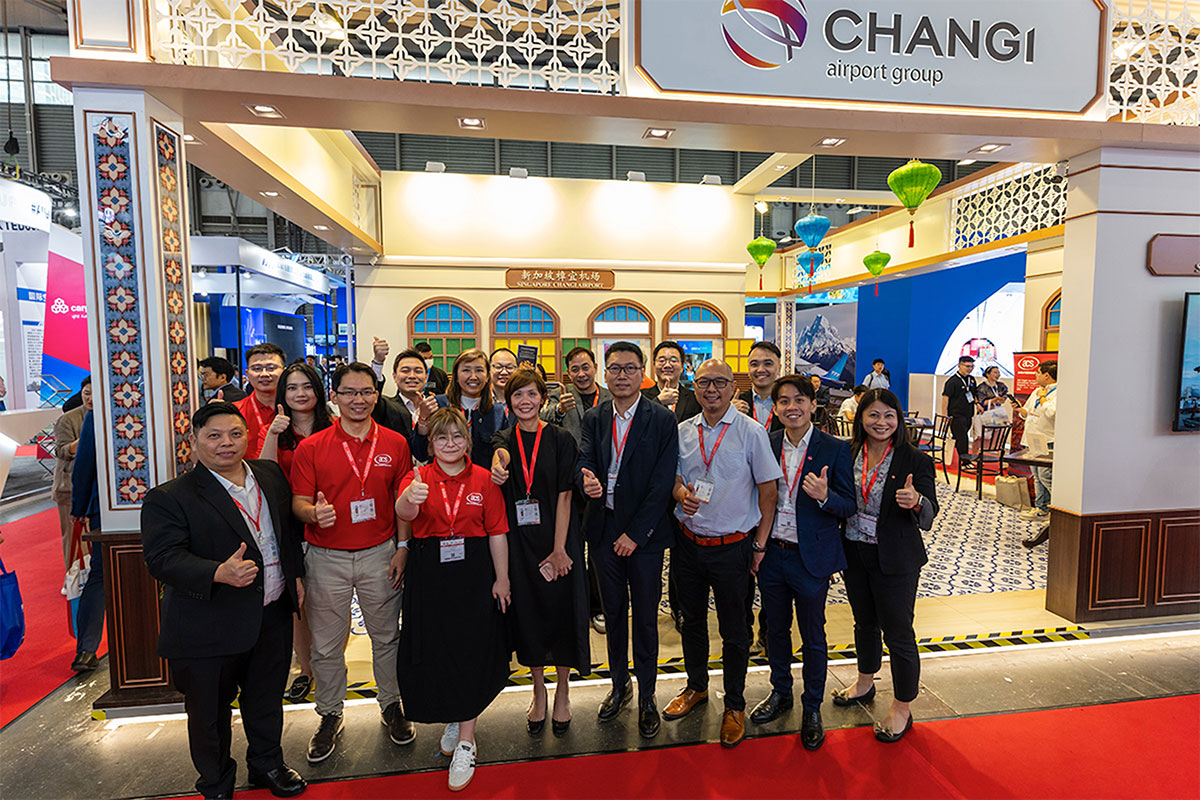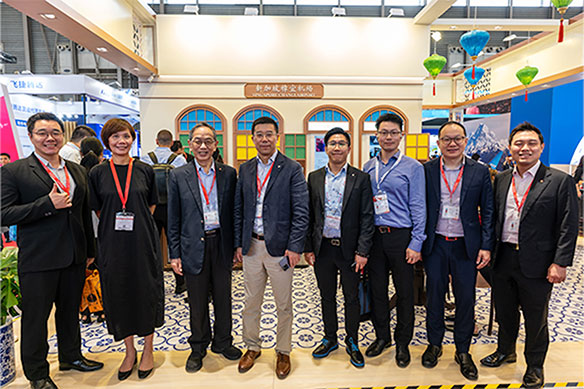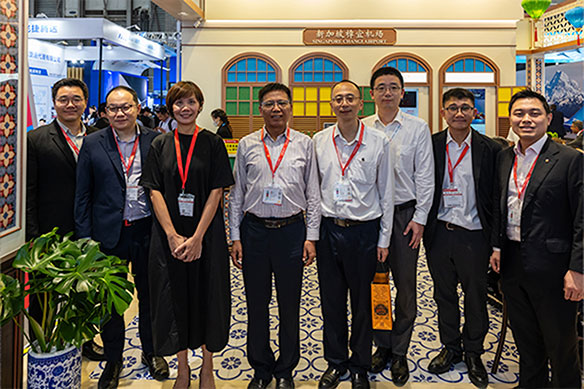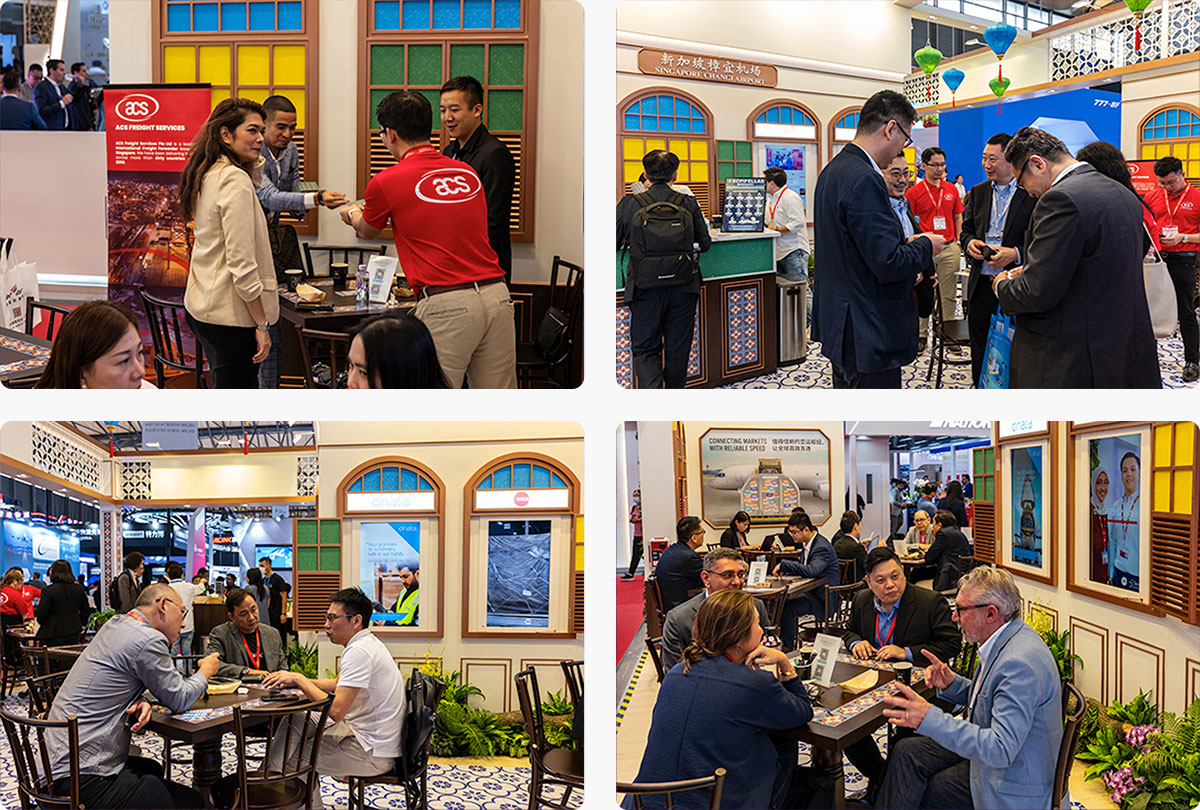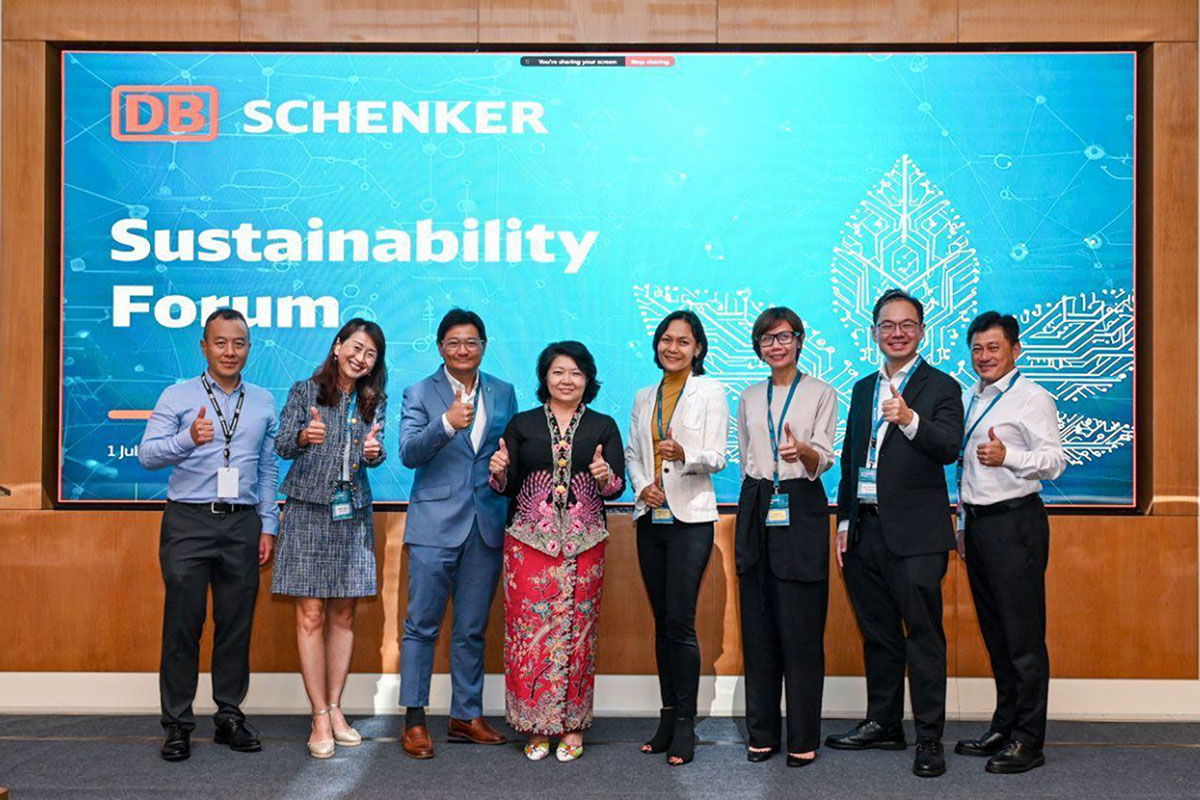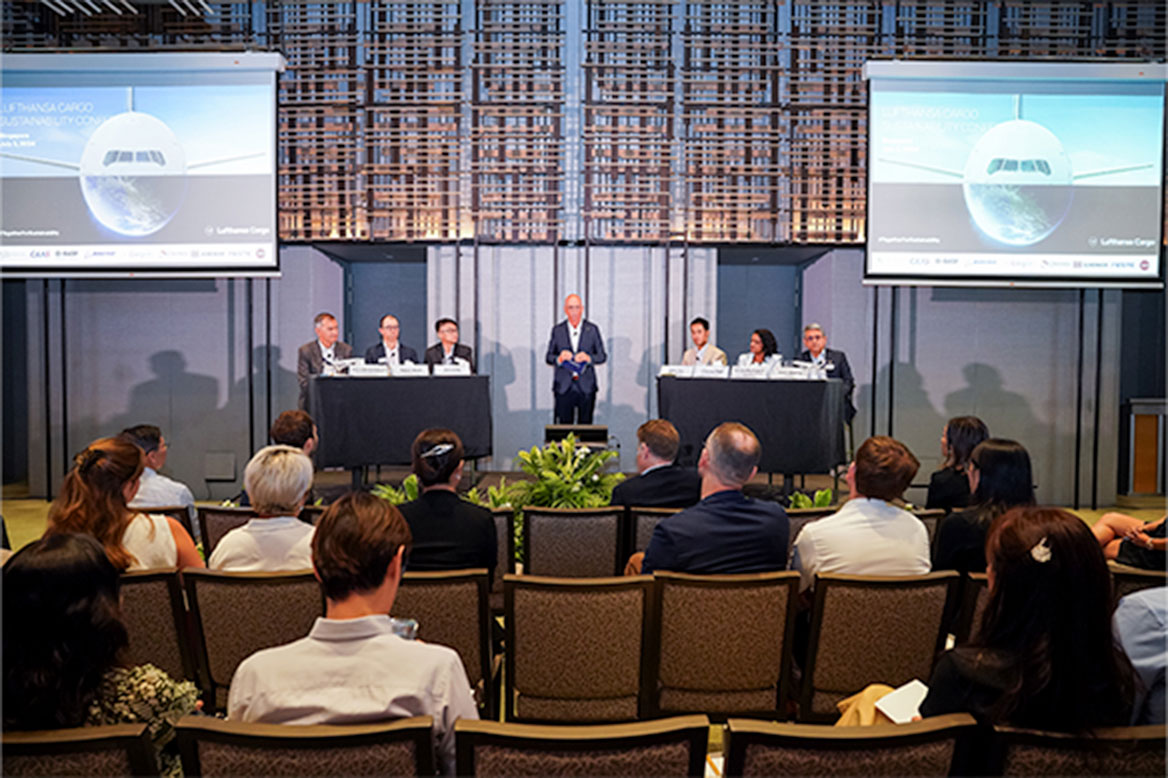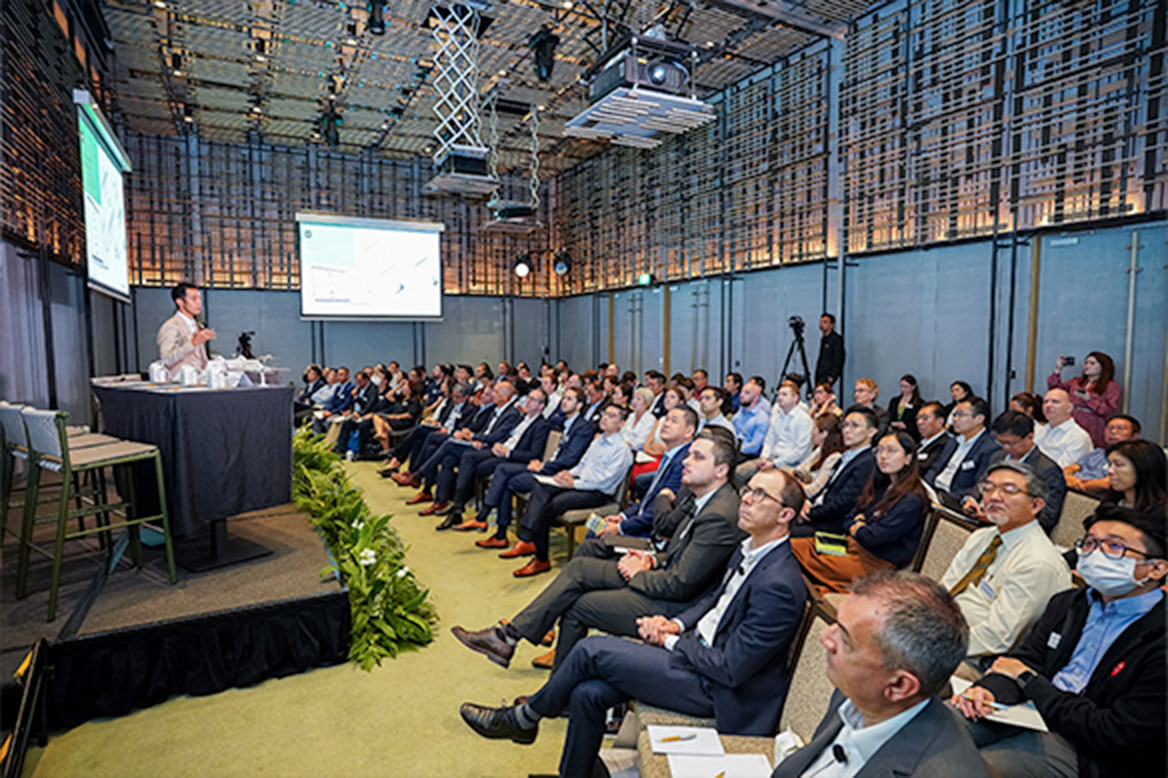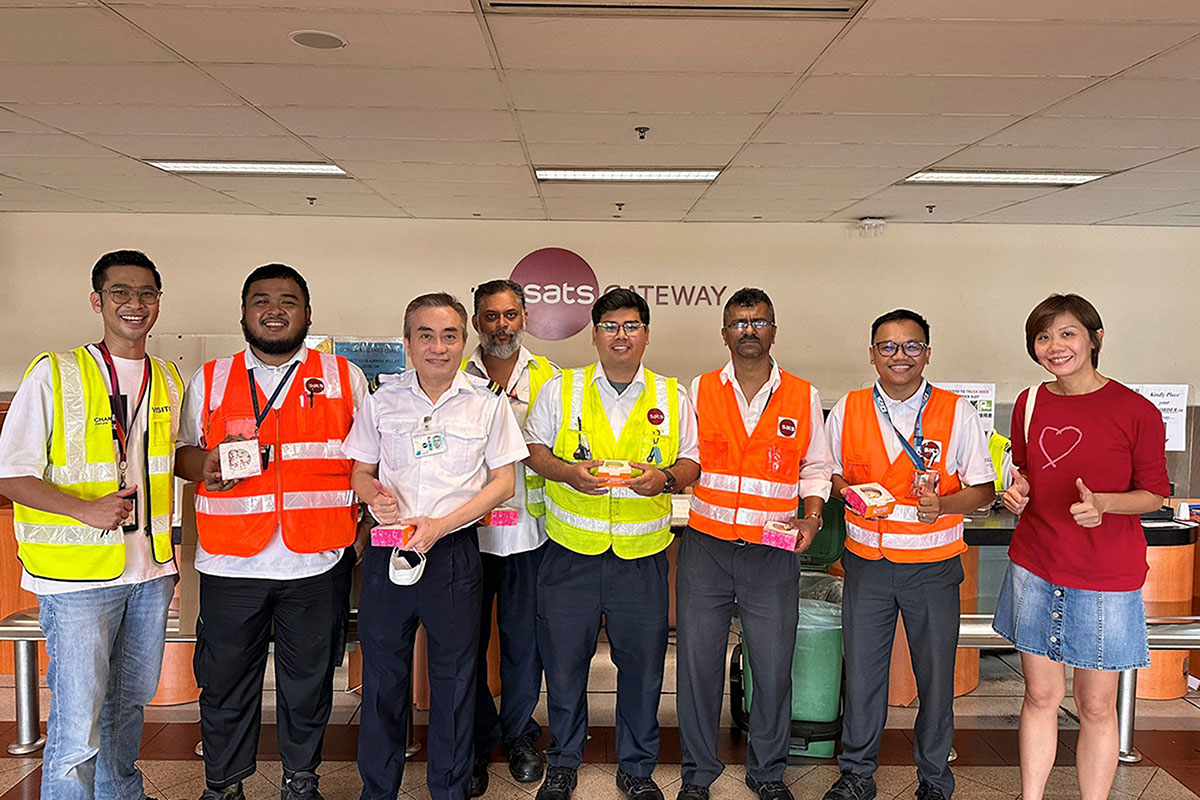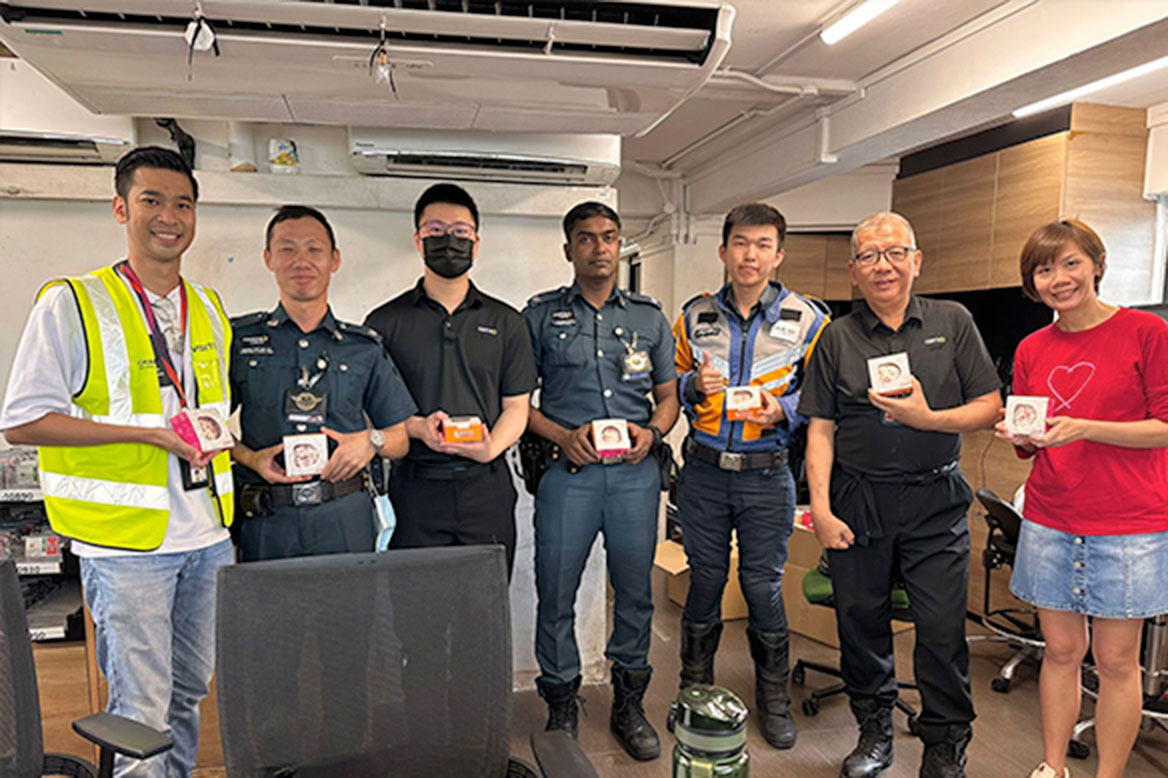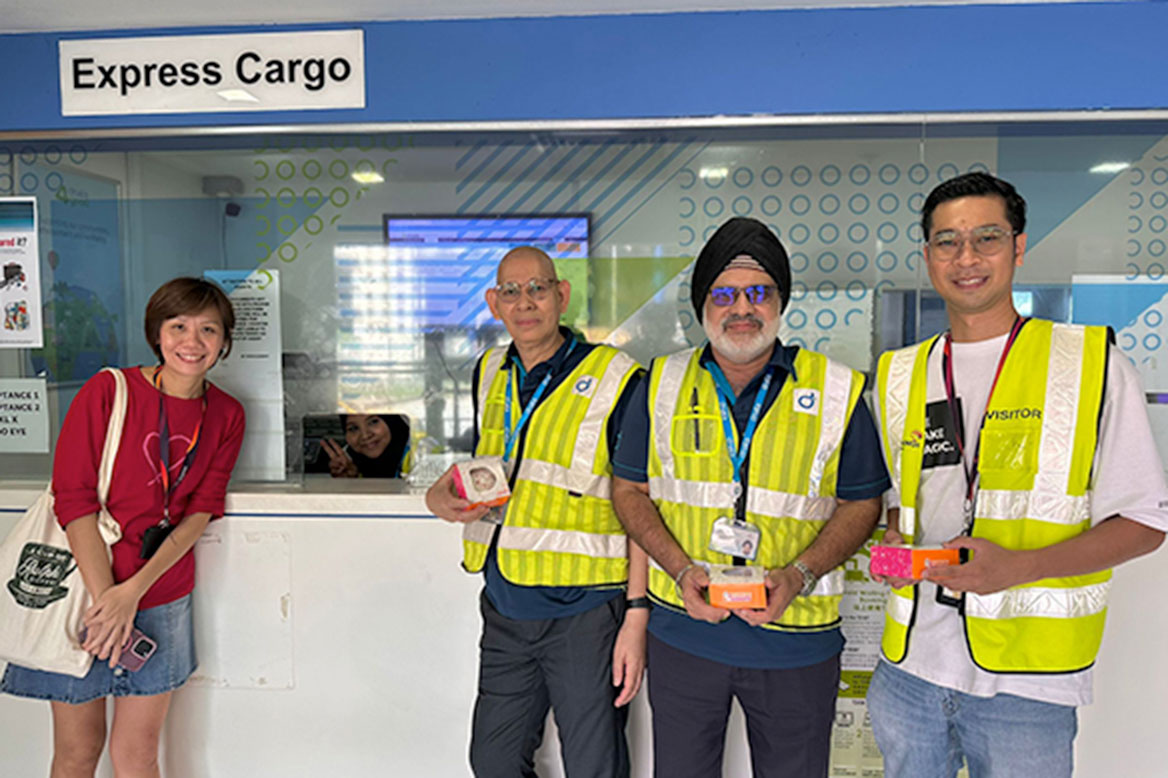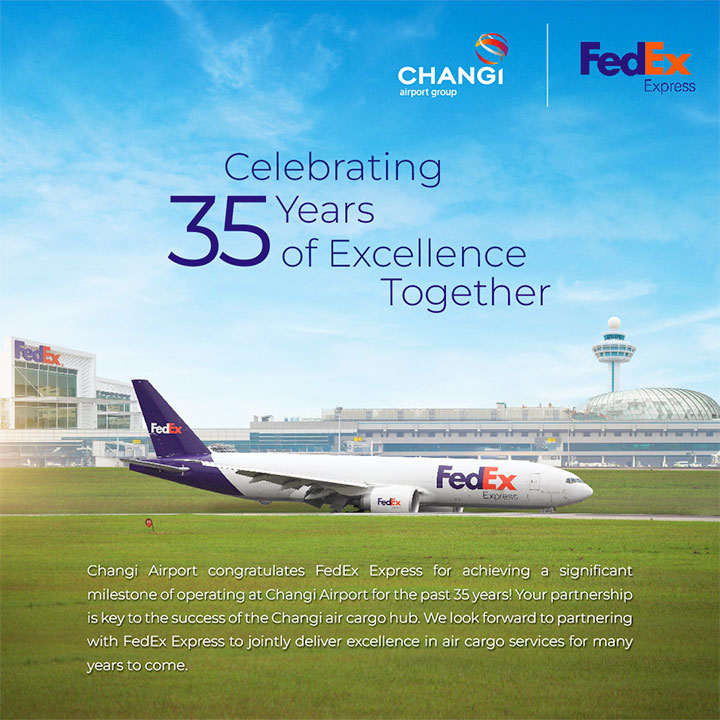
Starting on 5 August 2024, freight forwarders and trucking companies could start making slot bookings on the Truck Dock Slot Booking (TDSB) platform for physical cargo lodgement at dnata and SAT’s cargo terminals.
TDSB is an integrated online booking system for freight forwarders and trucking companies to pre-book slots for truck docks at the cargo terminals. It empowers freight forwarders and their sub-contracted trucking companies to plan and coordinate their cargo handover at the cargo terminals, thereby introducing greater visibility and predictability to the cargo lodgement and collection process for all stakeholders. In particular, TDSB is expected to reduce waiting time for truckers and optimise manpower resources of ground handling agents (GHAs) and freight forwarders. The GHAs will also be able to pre-plan resources to support timely cargo lodgement or collection.
This digital and process improvement initiative is operationalised by the two GHAs, SATS and dnata, supported by Changi Airport Group (CAG), together with the Singapore Air Cargo Agents Association, Civil Aviation Authority of Singapore, Workforce Singapore, and Enterprise Singapore. Digital transformation is essential to move the Singapore air cargo hub towards greater efficiency and resource optimisation. It will also contribute towards a more efficient and greener Singapore air cargo hub.
Over the past few months, a series of outreach and training sessions were conducted for the Singapore air cargo community to support the freight forwarders and trucking companies in the change management process. The cargo agents participated in hands-on training to learn and practise, as well as to familiarise themselves with the updated ground operational processes at the cargo terminals.
About 300 companies have since registered for TDSB. In the first week of launch for export shipments, the community achieved over 3,000 successful slots execution. CAG and the GHAs will continue to work with the community to refine the processes and carefully consider the feedback from the forwarders and trucking companies. We thank the air cargo community for their support in adopting TDSB in their cargo operations.




